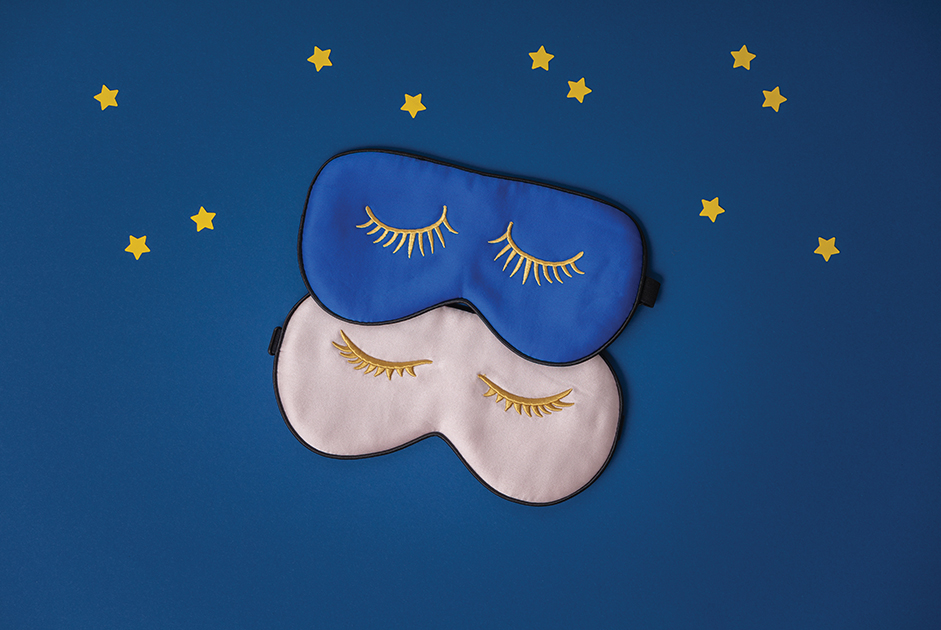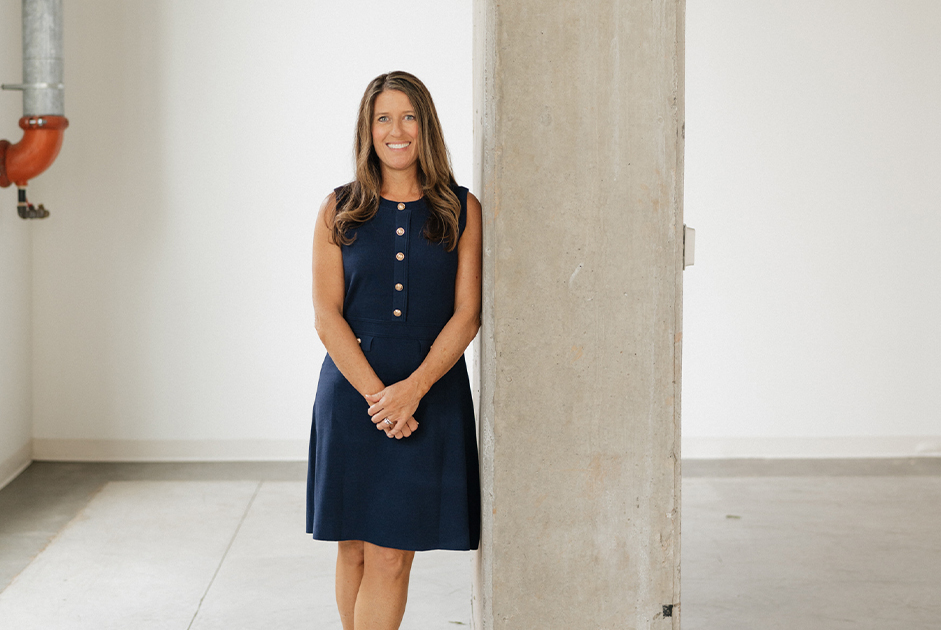In today’s world, the majority of adults are usually somewhat tired during the day. We run from sunup to sundown with work, errands, and other various activities. Then, when it is finally time to go to sleep, we toss and turn with our minds still working. We think about what has occurred that day, what needs to be done tomorrow, and our worries and stressors. Add in potential health issues and we are prevented from sleeping our best, leaving us groggy and in a fog the next day.
It is recommended for adults to get seven to eight hours of sleep per night. However, the number of hours isn’t the only factor to getting a quality night’s rest. Maintaining a regular schedule is key to receiving the greatest benefits. When achieved, getting enough sleep can help a person get sick less often, maintain a healthy weight, and lower their risk for health problems, such as diabetes and heart disease. Other benefits include reduced stress, increased energy, improved mood, and the ability to think clearer and better.
The good news is getting a quality night’s rest isn’t too far away with a few new habits and routine changes. While a person can’t control all the aspects that disrupt sleep, there are things we can do, including these tips below.
- As mentioned above, sticking to a sleep schedule and being consistent is very important. Look at your evening’s events and determine a bedtime that works for you and allows you to get the needed amount of sleep. Set an alarm each night and stick to it if at all possible, including the weekends. Then, wake up at the same time each day. This consistency helps with regulating your body’s sleep-wake cycle. It is recommended that if you aren’t asleep within 20 minutes, leave your bedroom, read a book, or do something relaxing. Return to your bed when you are tired.
- Create a peaceful and calming atmosphere in your bedroom. In order to achieve the best snooze, keep your bedroom cool, dark, and quiet. Fans and sound machines are great resources. I know I sleep the best when I have a fan on, no matter the temperature inside and outside of the house.
- Turn off electronic devices at least 30 minutes before hitting the hay. Staying on your cell phone, while trying to fall asleep, keeps your mind engaged and stimulated. The blue light from your screen can also mimic daylight and disrupt your internal body clock, throwing off your circadian rhythm. The best thing to do is put your phone down before sleeping.
- Limit your daytime naps to no more than one hour and try to avoid napping in the afternoon and evenings. Only when you are extremely tired are you still likely to fall asleep at night even with a nap. Other times, naps can interfere with your nighttime sleep.
- Think about your daytime habits. First, look at your physical activity. Do you move around a majority of the time or are you sedentary? Do you exercise? If so, how much? By getting more physical activity, you are utilizing your energy and helping yourself be tired at bedtime. Don’t forget to spend time outdoors, too. In addition, take a look at what you eat and drink, especially right before going to sleep. Avoid going to bed hungry or consuming heavy foods and large meals in the late evenings. Pay attention to any caffeine or alcohol later in the day, as well. These ingredients can have lasting effects that can impact a person’s sleep.
- Reduce your stress by writing down your worries, concerns, and tasks before going to sleep. Then, organize, create, and prioritize your to-do list for the next day. Place this list somewhere you won’t see it during the night. Meditation is another resourceful way to ease your anxiety.
- Contact your healthcare provider if you still aren’t getting quality sleep after altering your habits. There may be underlying causes that you are overlooking that need medical attention.
The power of a good night’s sleep is something that is hard to achieve, but can’t be overlooked. By getting impactful seven to eight hours a night, you will wake up like a new person, feeling refreshed and ready for anything the next day.




















